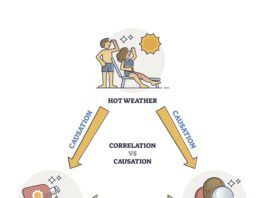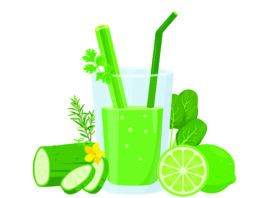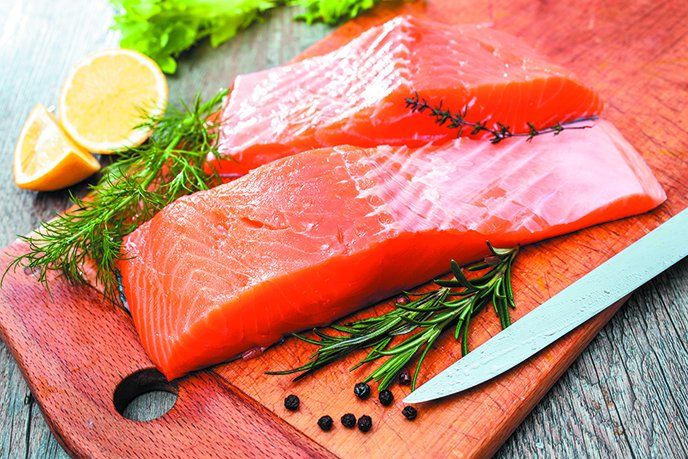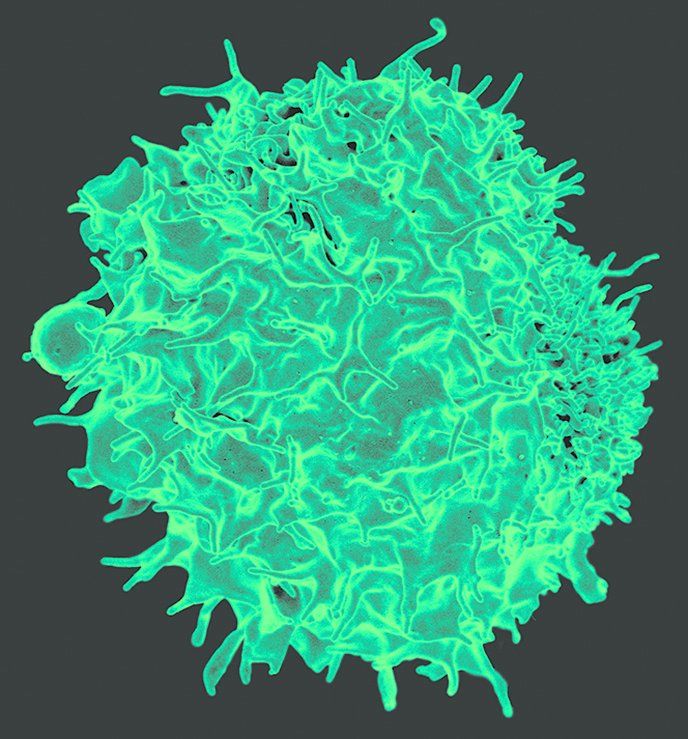Q. I read in your newsletter that plant sources of zinc such as whole...
Q. I read in your newsletter that plant sources of zinc such as whole grains, beans, nuts and seeds contain phytate, which blocks some of the mineral's absorption. Is there any way to increase the zinc availability from these foods?
Blood Levels of Omega-3s from Fish, Plants Linked to Lower Fatal Heart Risk
An analysis of 19 studies involving 45,637 participants in 16 countries provides the most comprehensive picture to date of how omega-3 fats may influence heart disease. Higher blood levels of omega-3s from seafood as well as plants were associated with a lower risk of dying from heart attacks
10 Easy Steps to Help Prevent Colds and Flu
Taking early steps to protect against cold and flu through diet and lifestyle can help the flu shot fight seasonal viruses. Here are 10 simple preventative measures to boost immunity.
Q. I take 50 milligrams of zinc daily, but it looks like you should...
Q. I take 50 milligrams of zinc daily, but it looks like you should take only 40 milligrams per day. Is it OK to continue? What are the consequences of too much zinc?
Q. Is the Daily Value (DV%) for elemental calcium or calcium in combination with...
Q. Is the Daily Value (DV%) for elemental calcium or calcium in combination with other things - like calcium lactate or calcium citrate? Which of these combination forms is best?
Gene That Makes Carrots Orange ID’d
Scientists who succeeded in sequencing the genome of carrots have identified the gene, dubbed DCAR_032551, responsible for carotenoids, which make carrots and other produce orange and provide humans with vitamin A.
FDA Updates Nutrition Labels
After a two-year review period, the US Food and Drug Administration formally adopted changes to the Nutrition Facts panels that appear on some 800,000 food products. The updated labels will be required on products by July 26, 2018, except for small producers who will get an extra year to comply.
No Weight-Loss Protection from Vitamin D
While losing weight can protect you against chronic diseases, it does come with a downside - especially for postmenopausal women: Studies have shown that obese older women who lose weight also lose lean muscle mass and bone mineral density (BMD), particularly if they are inactive, potentially putting them at greater risk of frailty and falls.
No Arthritis Benefit from Extra Vitamin D
Dont count on extra vitamin D to improve arthritis in your knees. Although some observational studies have suggested that vitamin D supplements might benefit knee osteoarthritis, a new clinical trial published in JAMA proved disappointing.
Extra Zinc Boosts Immune System in Older Adults
Your immune system weakens as your body ages, making older adults more susceptible to infections. But the mineral zinc may play an important role in staving off such infections. Previous research at the Jean Mayer USDA Human Nutrition Research Center on Aging (HNRCA) at Tufts has shown that 30% of nursing-home residents have low blood levels of zinc, and that those low in zinc were at significantly higher risk of pneumonia.




























